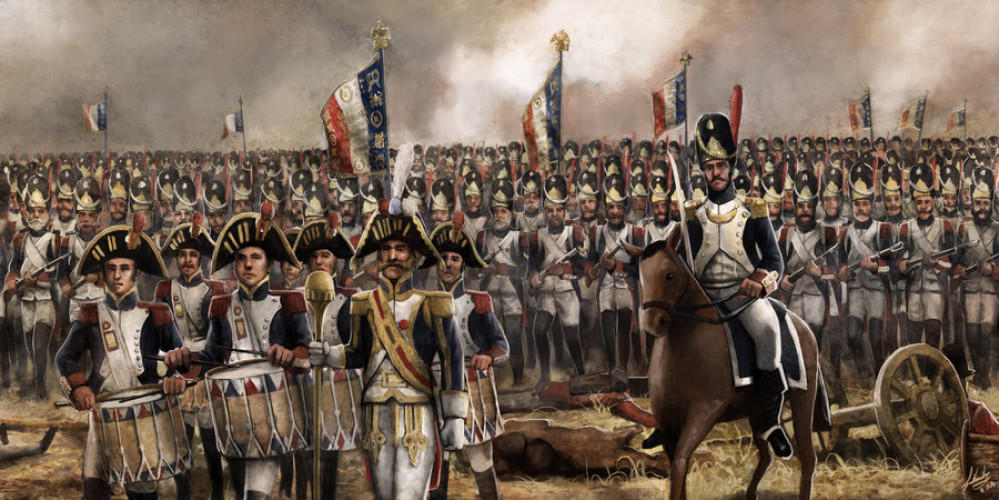
Elessar2590's Grande Armee Project
Some Ramblings about Uniforms and an Essential Tool
Not an Update but some of my thoughts on a few things plus a book recommendation that's essential for anyone wanting to wargame in the Napoleonic period.
Let me know if you guys want to see more of these or if you’d prefer me to just stick with a clean Hobby Project.
On Uniforms and their Colours
I spend a long time doing research before I put together an army but one thing I don’t stress about is uniform colours. Dark Blue is Dark Blue, Grey is Grey to me making everything look “uniform” is less historical than mixing it up.
Quick backstory, in the French Army under Napoleon you were given some kit. If you lost/damaged/wore out any of it the replacement costs came out of your pay, which wasn’t that great to begin with. If you wore out your greatcoat and that dead Russian has a perfectly good one then you can save some money and time. Soldiers break stuff and soldiers are remarkably good at “finding” stuff so I don’t stress out if the French Army didn’t technically issue a Khaki Coloured Great Coat.
A good example of this is German troops serving in North Africa during the Second World War. The uniforms faded quickly, new arrivals would dye their clothes to match the faded veterans and many men got their hands on Italian uniforms since they were better suited to the conditions. Australians in the Pacific dyeing their Khaki uniforms green using whatever they had on hand is another example.
A Book Reccomendation
Anyone wargaming the napoleonic period absolutely needs to get a copy of “Napoleon’s Campaign’s in Miniature”. It is an incredible book full of facts and easy to find information.
With the Internet there’s a huge amount of information out there but unfortunately a lot of it gets buried beneath other stuff and sifting through it can be a real pain. With this book you just find the section and get what you need quickly and with a wargamer in mind.
The sections on Military Medicine and Ambulances is particularly interesting. From the French Ambulance Corps to the Russians total lack of medical care you’ll find anything you need.
Baron Larrey is probably my favourite “Character” from the Napoleonic period, his inventions laid the groundwork for generations of medical care and compared to the other armies of the period the care he set up for wounded Frenchmen was excellent.
Wounded men were generally just left on the field and collected at the end of the battle, sometimes days after, and thrown in big, heavy, slow wagons then sent tens of miles away to a “Hospital”. Baron Larrey implemented Triage and on numerous occasions refused to treat officers in favour of wounded enlisted men, Larrey treated both friend and foe in fact he treated Prussian Field Marshall Blucher’s son which saved him from execution when the Prussians captured him, developed a method of amputation than made it easier to fit a wooden prosthetic, implemented the policy of immediate amputation since the nerves were numbed from shock and locating hospitals on the field or extremely close (within a mile) of it.
But perhaps Larrey’s most important invention was the “Flying Ambulance”. These were two horse wagons which contained two stretchers, medical equipment and bottles of alcohol (for medicinal purposes only I’m sure). So while a wounded British private might lay on the ground bleeding for hours a wounded Frenchmen was usually picked up within the hour and taken to a state of the art hospital.
From the Larrey Biography
“During the fighting at the Battle of Waterloo, the Duke of Wellington noticed a surgeon working on the wounded while under fire. Upon asking who it was and learning that it was Larrey, he directed his men to not fire in Larrey’s direction and took off his hat in a salute to Larrey. When asked who he was saluting, Wellington pointed at Larrey and explained, “I salute the courage and devotion of an age that is no longer ours.”
Baron Larrey was also the only person in Napoleon’s Will to be praised for his virtue rather than his performance.
From Napoleon’s Will.
” Idem, to Larrey, surgeon-in-chief, one hundred thousand francs.–He is the most virtuous man I have known.”
I hope you enjoyed my rambling tangent, next post will be more minis but let me know if you want some more of these types of posts scattered in the project.































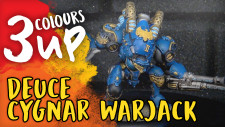

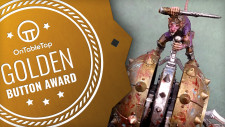







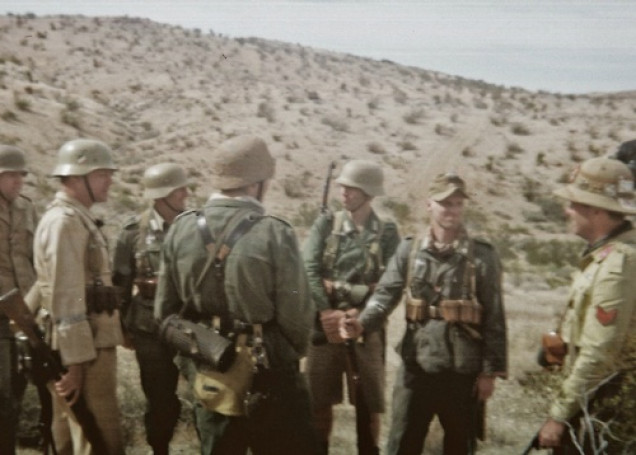
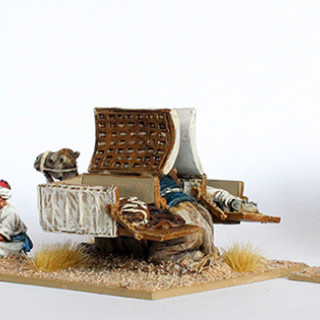
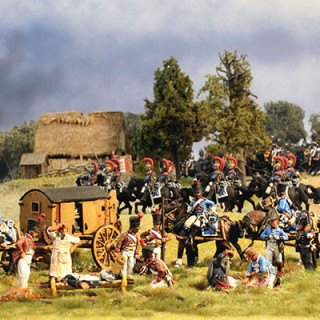
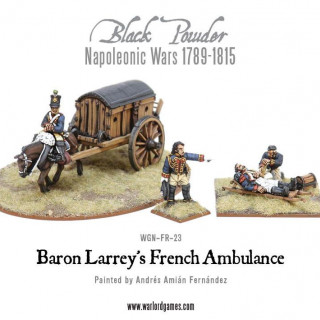

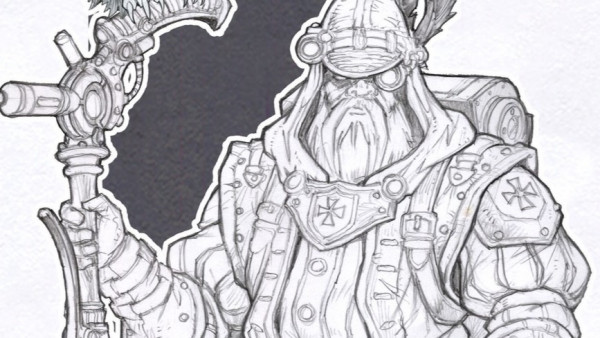
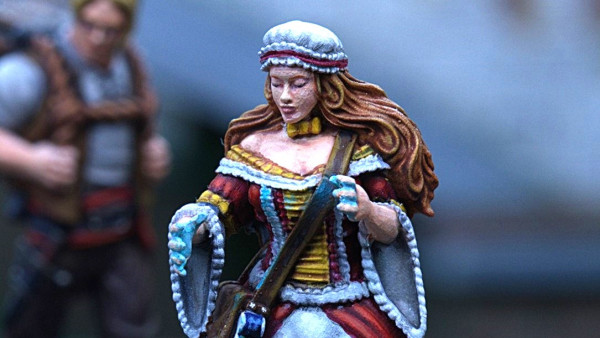
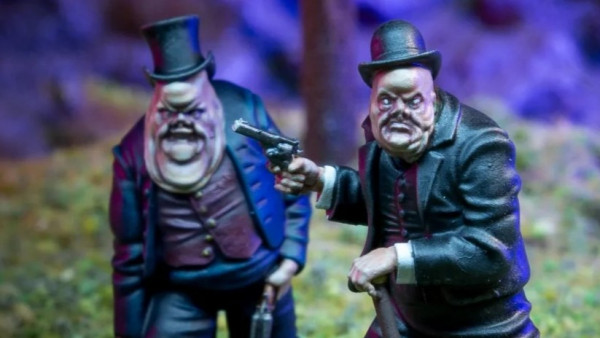


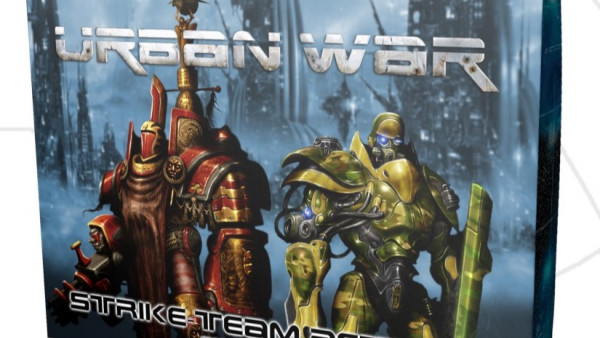
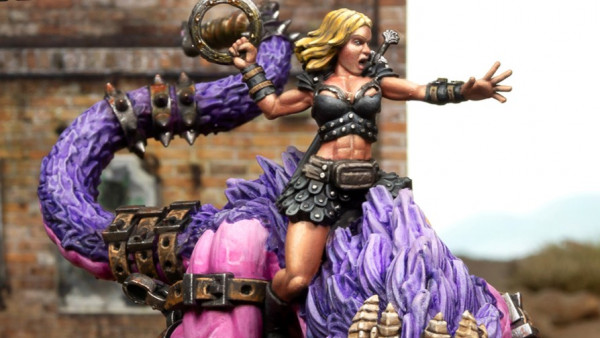
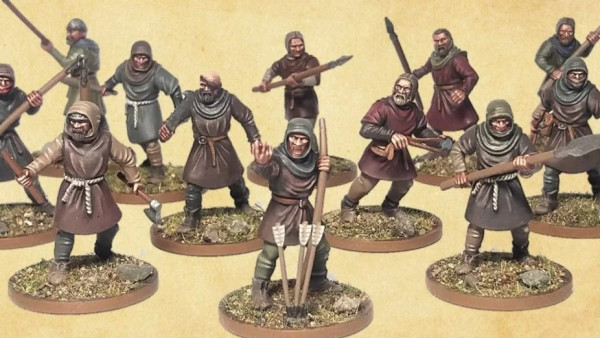
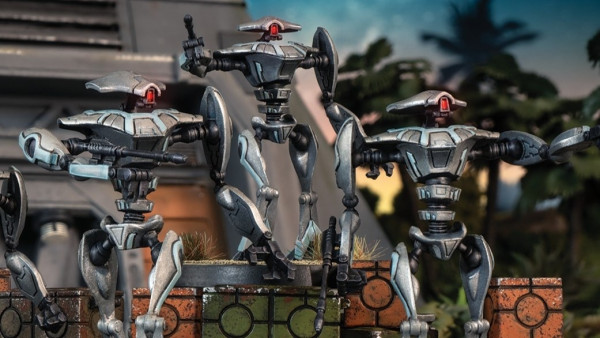
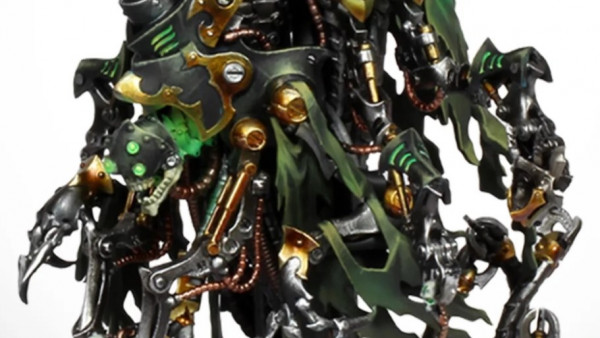


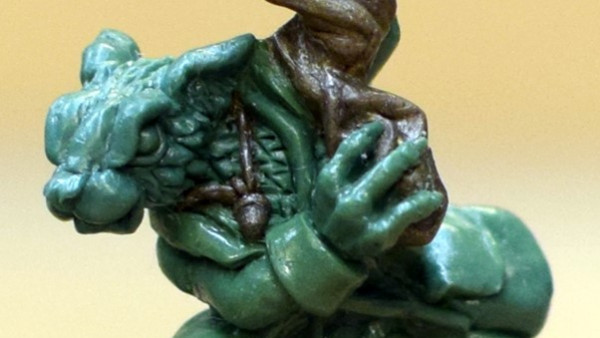
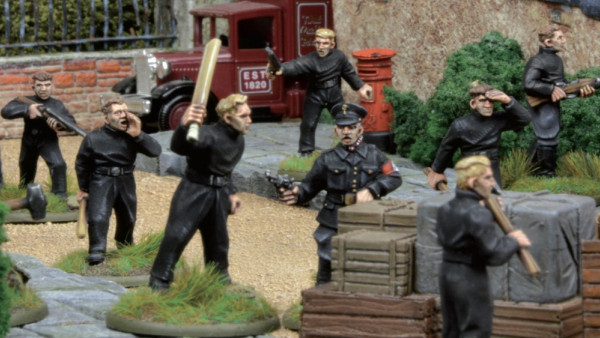
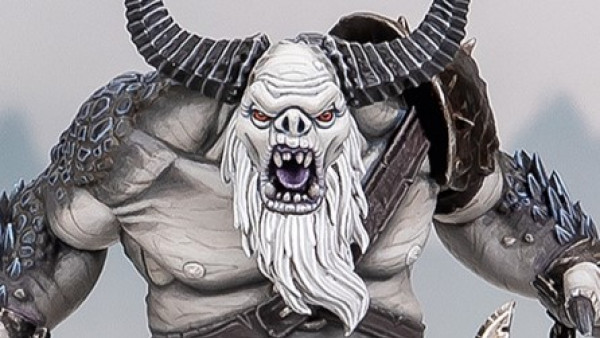
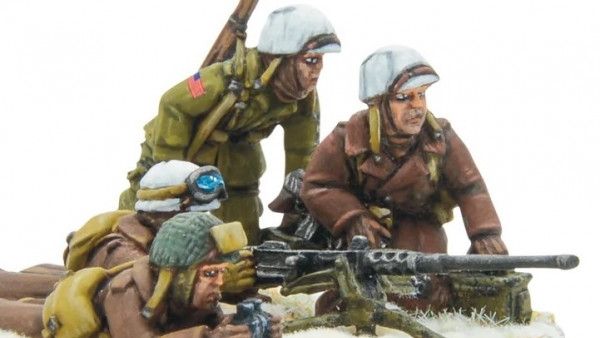
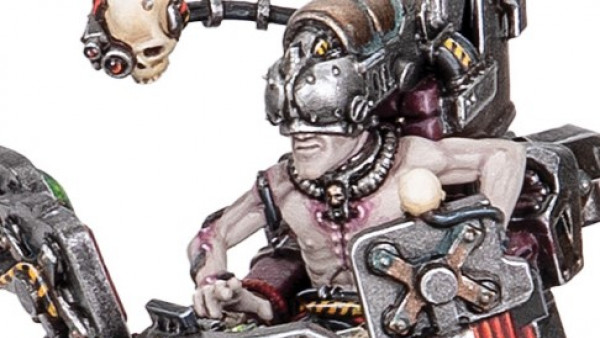
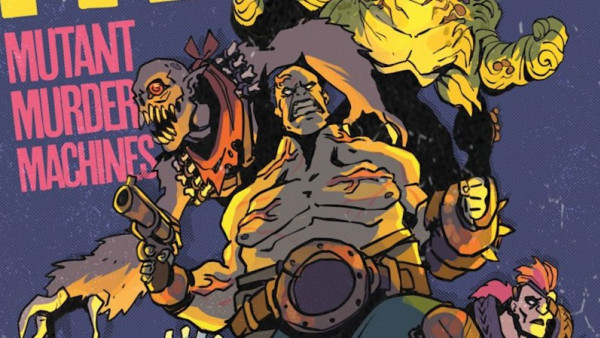
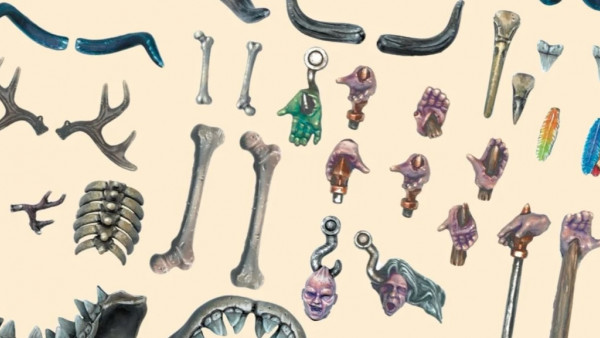
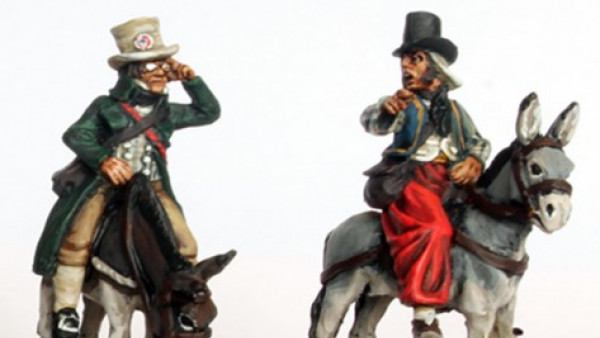
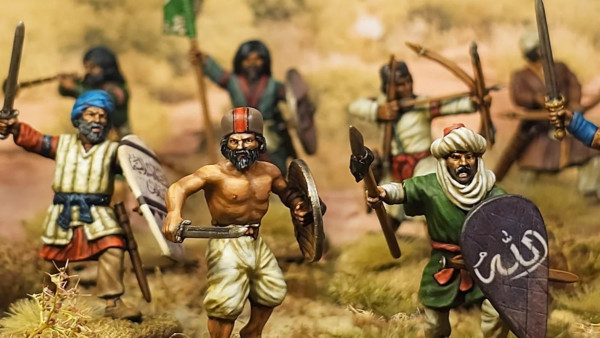

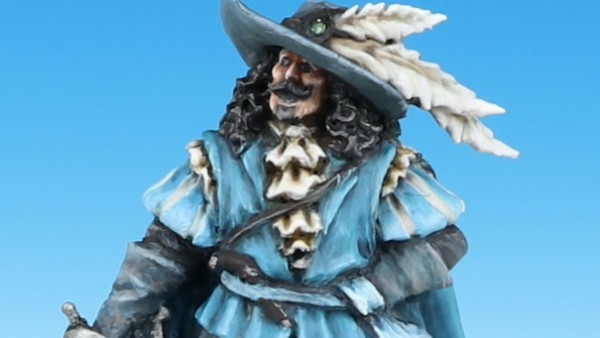
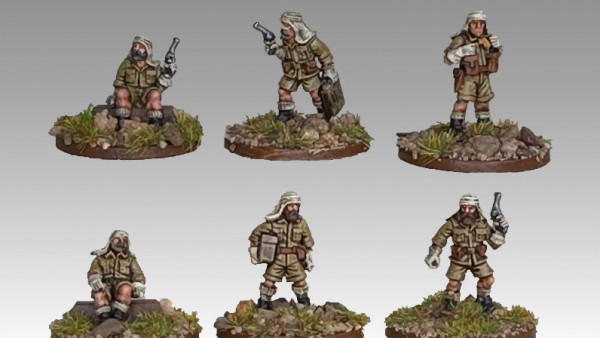

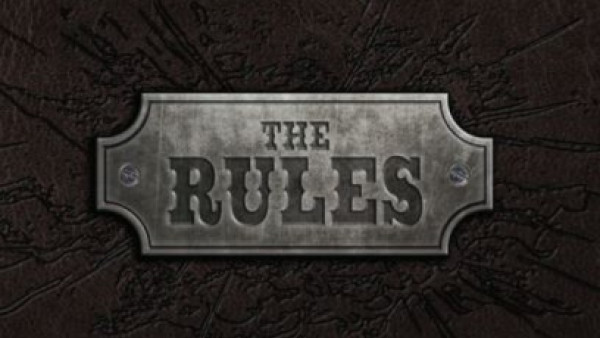
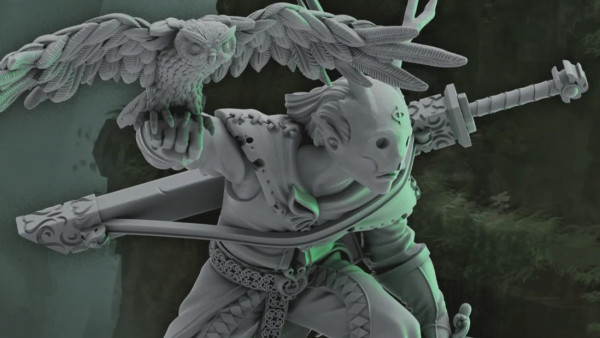
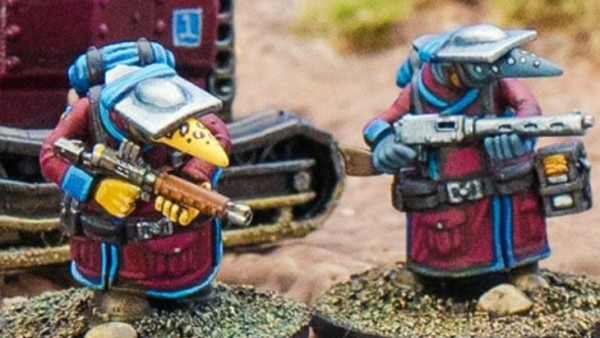
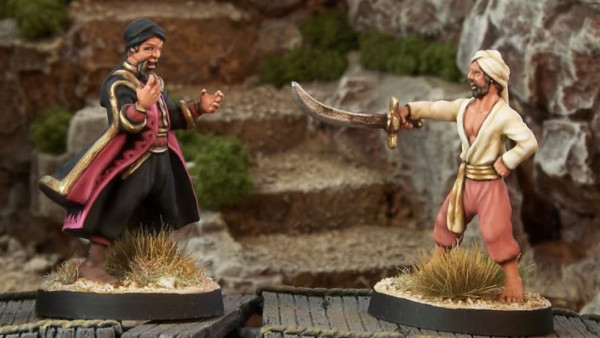
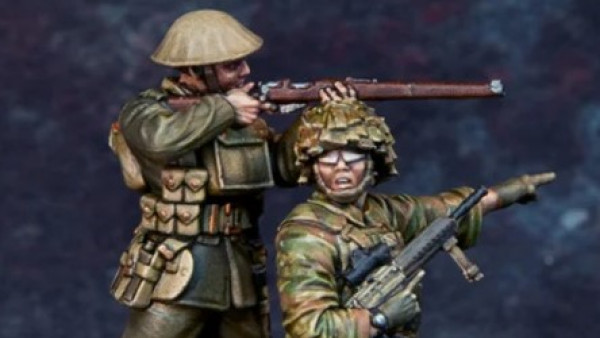


Great article. I’d like to hear about the rules you are using. My Google fu failed me and I couldn’t find them.
I really appreciate these presentations of your research. Thanks for sharing.
Really like the nuggets of info from your research, stuff like this really lifts the back story to a project. Good stuff!